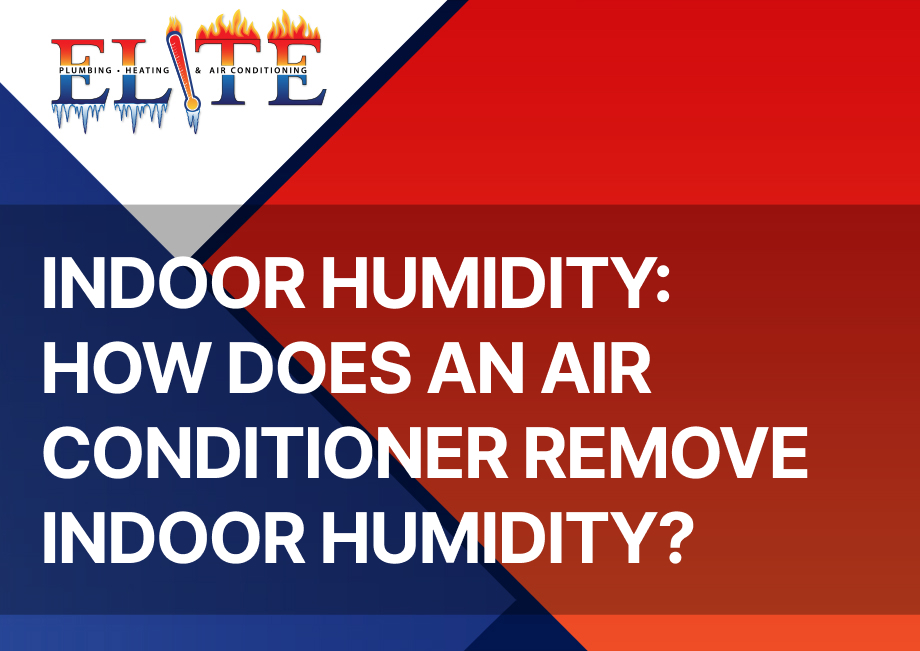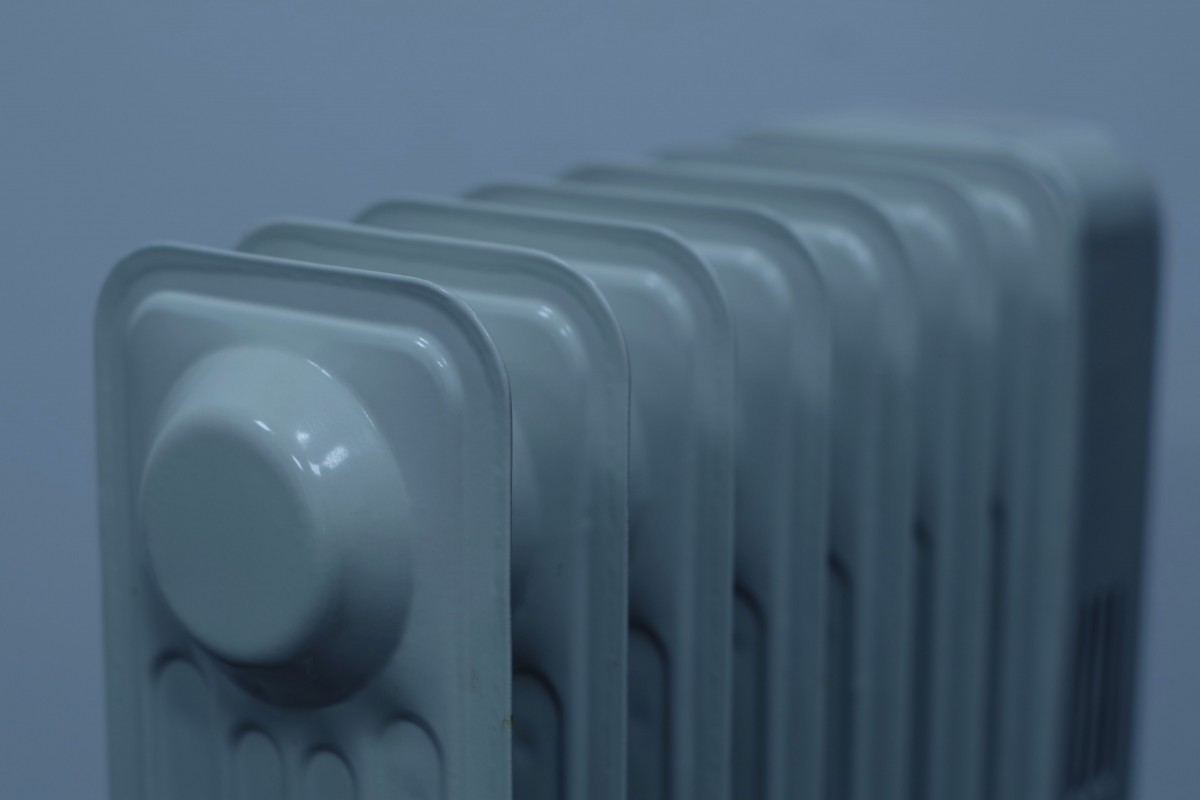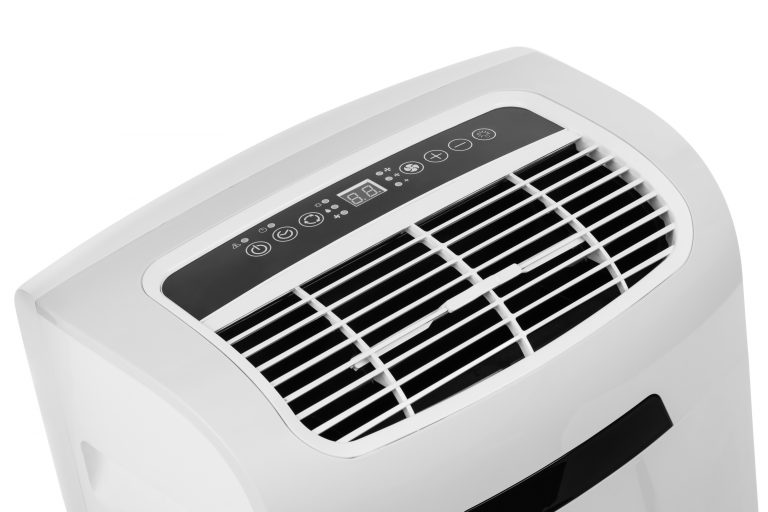Indoor Humidity: How Does an Air Conditioner Remove Indoor Humidity?
When you think about humidity, it’s natural to think about the outdoors and how humid it can be in areas of the country with lots of trees and vegetation. It’s not necessarily something you think about in the desert of Nevada. However, humidity exists more than just outside, but in your home as well. There are multiple sources of humidity inside your home, including:
- Basic human activities – Breathing, sweating and cooking
- Hot showers and baths that produce steam and add moisture to the air
- Houseplants that release moisture through transpiration
- Leaks such as leaky pipes, roofs or windows
- Poor ventilation
- Humidifiers
- Basements and crawl spaces have higher levels of humidity due to being underground and lacking ventilation
- Clothes dryers and hanging up wet clothes indoors
Controlling indoor humidity levels is important not only for your personal comfort, but also to prevent the growth of mold, mildew, and condensation. An excess of moisture is damaging not only to your carpets, furniture, and electronics but also to your health. Signs of too much humidity in a home include:
- Condensation on windows, fabrics, and furniture
- Musty odors
- Mold and mildew
- Water stains on ceilings and walls
- Wood rot
- Peeling paint
The ideal indoor humidity level depends on a number of factors including the season and whether or not you have any health conditions that can be impacted by humidity, such as asthma. If you do suffer from allergies or asthma, you want to maintain a 35-50% humidity level in your home. In the winter months, an ideal humidity level is between 30-40% and in the summer the ideal range is 40-50%.
Air conditioners remove indoor humidity through a process called dehumidification. The air conditioner draws indoor air into the system through the intake. This air typically contains water vapor. The air passes over cooling coils containing a refrigerant that absorbs the heat from the air, cooling it down. As the air cools, the moisture decreases, which causes condensation. This condensation turns into water droplets on the cooling coils. This moisture is collected and drained away. When the moisture is removed, the air is cooled, dehumidified, and then reheated to a comfortable temperature before being circulated back into the home.
This entire process of condensing moisture and cooling the air makes your home more pleasant and comfortable. However, for an air conditioner to work properly for your home, it must be the proper size and maintained effectively to control both the temperature and the humidity levels of the home. As you can see, your air conditioner does more than just keep your home a pleasant temperature, but it assists in your overall health and well-being as well.
If your home’s air conditioning unit is not effectively controlling indoor humidity, Elite HVAC offers the experience and expertise you need to maintain and repair your HVAC unit. We offer a free diagnostic on air conditioners before performing any repairs or service.
SCHEDULE YOUR FREE ESTIMATE
We Provide Expert Air Conditioning Services in Las Vegas, NV






